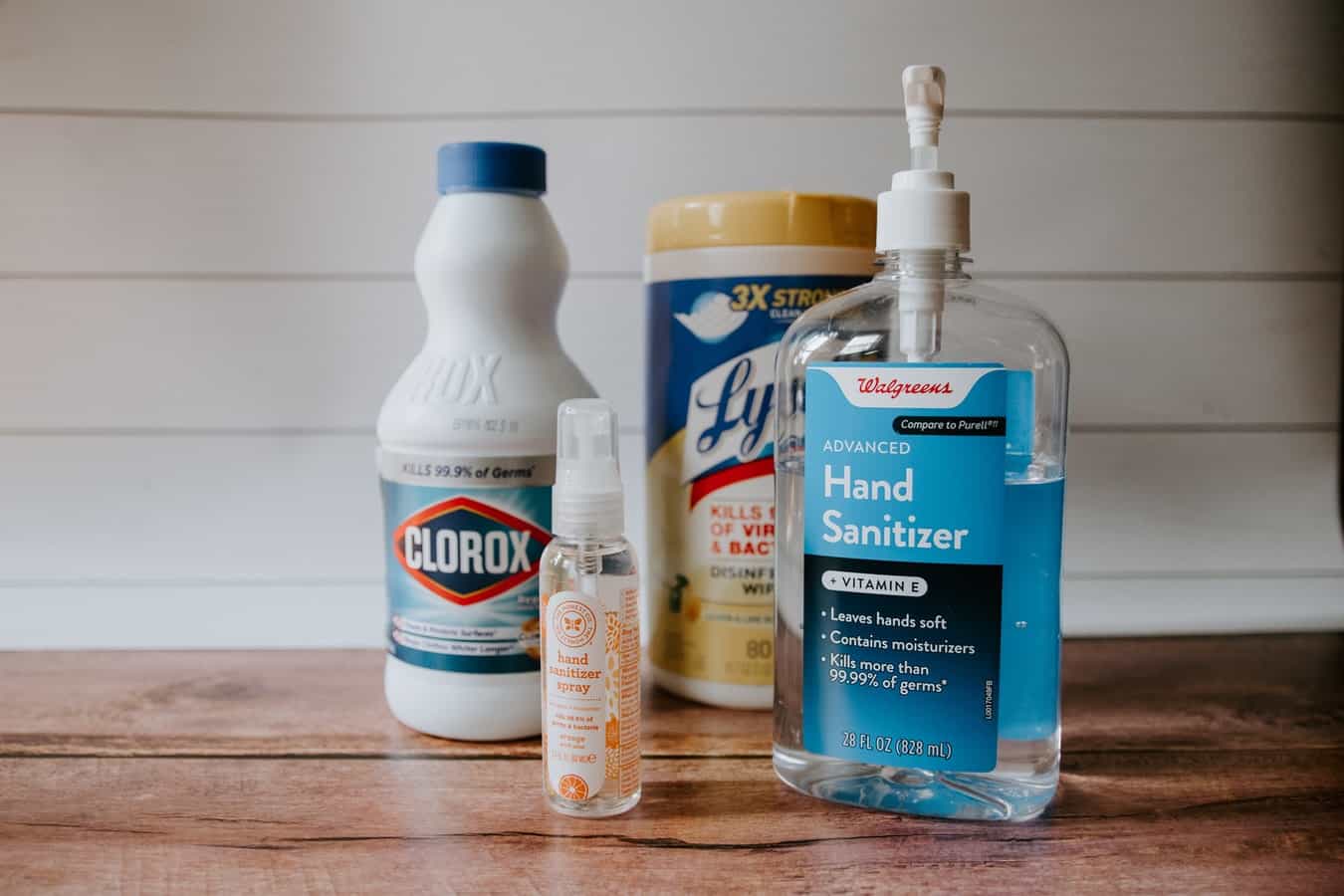Fraudulent hand sanitiser during COVID-19 and tips to help spot these counterfeits
Fraudulent hand sanitiser during COVID-19 and tips to help spot these counterfeits
Regulatory Team Lead and Non-food Expert Bharti Gorania-Wood, looks at some of the recent incidences of fraudulent hand sanitisers during COVID-19 and provides tips to help spot these counterfeits.

Hand sanitising products, as was the case with toilet rolls, started disappearing off the shelves when the global pandemic hit. The demand outstripped availability and there is no doubt that this has led to the supply and sale of millions of fake and potentially dangerous products.
During March and April, law enforcement agencies in the UK seized a glut of such products from shops and ports; some were imported, whilst others were UK-manufactured. Unfortunately, many retailers have been unaware that the products they were selling were fraudulent hand sanitisers as suppliers took advantage of the pressure on the supply chain and used several tactics to mislead buyers and consumers alike.
Three major concerns to keep on your radar:
1. Banned substances
Some illegal hand sanitisers seized contained a substance called Glutaral (Glutaraldehyde), which has been banned for human use since 2014. The substance can cause irritation to the skin and to the eyes and throat if inhaled or swallowed. Some hand sanitisers did not have any labelling at all so the contents and whether they contained a dangerous substance could not be ascertained.
As well as illegal imported products, UK-made hand sanitisers have been found on sale online containing the banned substance Triclosan.
2. Counterfeit branding
Big brand names are also feeling the impact of the fraudsters. Some bottles are branded with well-known names (or nuances) such as Andrex and Comfort by counterfeiters trying to cash in on the pandemic. Suspicions were raised among the enforcement authorities as these hand sanitisers had identical packaging and labelling, except for the brand name, and the same batch code on the entire consignment.
3. Un-substantiated product classes and associated marketing claims
All hand cleaning and sanitising products (such as liquids, gels and soaps) are regulated in the UK. They can be classed as cosmetics, medicines or biocides depending on the primary use and claims made.
Products primarily used to clean and/or moisturise the skin, while providing a secondary antimicrobial effect, such as a liquid soap or solid soap bars, are classed as a cosmetic. Products which make claims to treat/prevent infections associated with specifically named pathogens (such as COVID-19, MRSA, SARS) are classed as medicines and need to be have Marketing Authorisation before being sold.
Products primarily claiming to kill germs, disinfect or sanitise using an active antimicrobial ingredient, such as hand sanitisers, are classed as a biocide. General hand sanitiser products are not permitted to name specific pathogens (such as COVID-19). If the hand sanitiser makes such a claim, retailers should look out for a Product Licence Number (or PL code). If this is absent, the product is most likely not authorised to make such a claim and will not protect the consumer from those pathogens.
Essentially, when sourcing hand sanitiser, watch out for products that lack any legally required information such as active ingredients, batch or lot numbers, warnings or instructions and also those containing spelling mistakes. Check if the product makes any medicinal claims and if they do check for a PL code. If information is missing, the products may not be genuine and most crucially, will not be effective as hand sanitising products and could in fact be unsafe for human use.
As always it is important to carry-out the proper due diligence. Ashbury can help by validating the legitimacy of products; we liaise with you and your suppliers to check the formulation, specification and final label of the goods before launch.
Next reads
What’s Next for Food & Drink? Our Experts’ Predictions for 2026
The Peanut Diaries: School and Social Occasions
The Peanut Diaries: Navigating Social Events and Celebrations with Food Allergies
The Peanut Diaries: A Parent’s Journey to Uncovering their Child’s Allergy
Keep up to date with our latest insights
Subscribe to our mailing list to stay in touch with the latest news, insights and updates from Ashbury





